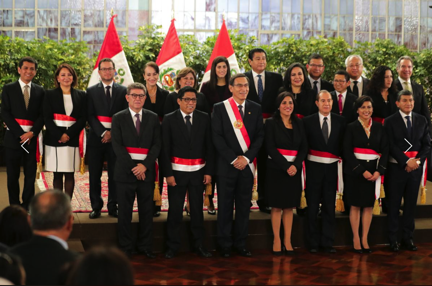
(above) Peru's President Martin Vizcarra and newly appointed ministers pose for a picture during their swearing-in ceremony at the government palace in Lima, Peru October 3, 2019. REUTERS/Guadalupe Pardo
Peru's Vizcarra unveils new Cabinet as leadership challenge fizzles out
October 3, 2019 - Original article: Reuters
LIMA (Reuters) - Peru’s centrist President Martin Vizcarra swore in a new Cabinet on Thursday as a challenge to his leadership by dismissed lawmakers fizzled out, potentially ushering in a rare period of political calm in the South American nation.
No public institution or foreign power has backed the right-wing opposition’s charge that Vizcarra illegally dissolved Congress on Monday, though former lawmakers have vowed to ask Peru’s top court to intervene to halt what they deemed a “coup.”
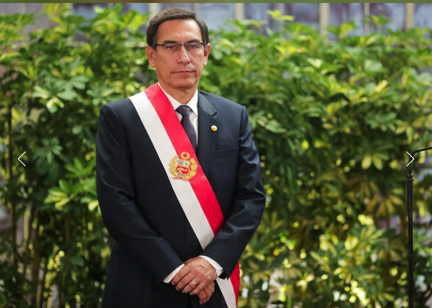
The past three years in Peru have been marked by repeated clashes between the executive and legislative branches and back-to-back corruption scandals, including one that led former President Pedro Pablo Kuczynski to resign in March of last year.
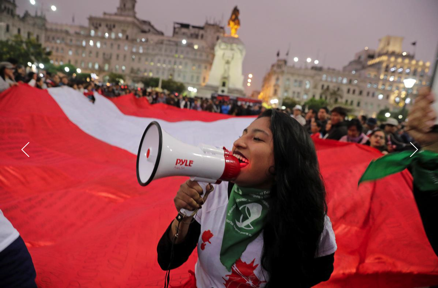
Vizcarra invoked a nuclear option in the constitution to close Congress and call new legislative elections, forcing him to reshuffle his Cabinet as well.
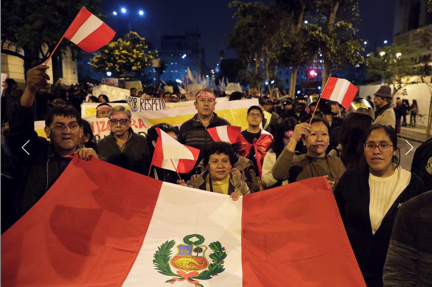
Vizcarra, who served as Kuczynski’s vice president, said the move was needed to end a year-long standoff with the opposition over his efforts to stamp out corruption in institutions discredited by protracted graft scandals.
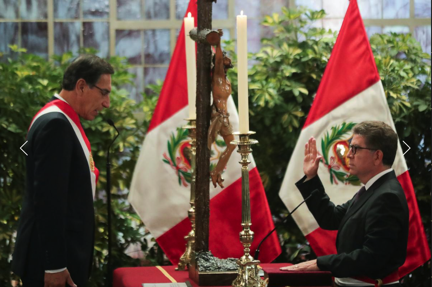
In a ceremony at the presidential palace, Vizcarra changed most of his ministers, naming Harvard-trained public administrator Maria Antonieta Alva as finance minister and Juan Carlos Liu, an engineer from the energy sector, as energy and mines minister.
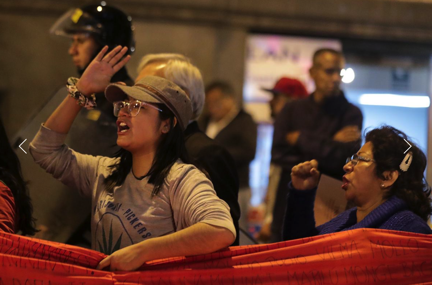
The appointments did not indicate any major shift in policy in Peru, the world’s No. 2 copper producer and one of Latin America’s most open economies.
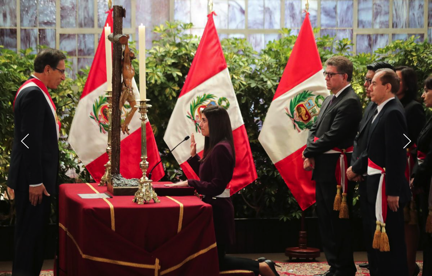
But the official event suggested Peru was moving on from its worst political crisis in two decades with Vizcarra, who polls show to be one of Peru’s most popular recent leaders, firmly in charge.
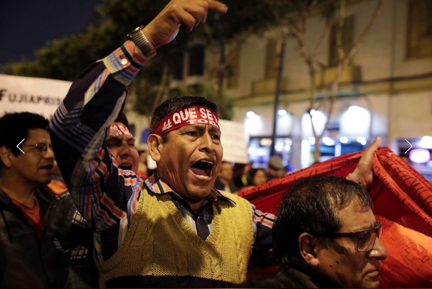
Just four days ago, the opposition tried to anoint Vice President Mercedes Araoz as interim president, a designation she backed out of after she was accused of usurpation of functions and the military reaffirmed its loyalty to Vizcarra.
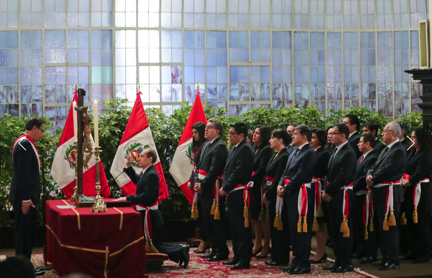
Police lifted a lockdown in the streets surrounding parliament after blocking dismissed lawmakers from re-entering, except for the 27 members on a committee tasked with administrative duties until a new Congress is installed.
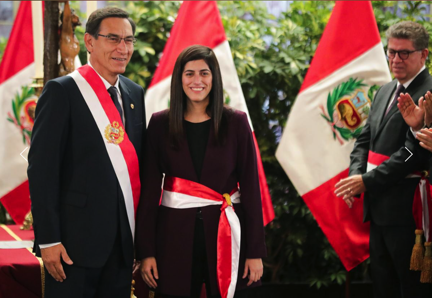
Peru’s electoral authorities are organizing new legislative elections for Jan. 26, a time frame proposed by Vizcarra that the Organization of American States called “a constructive step” toward overcoming the crisis.
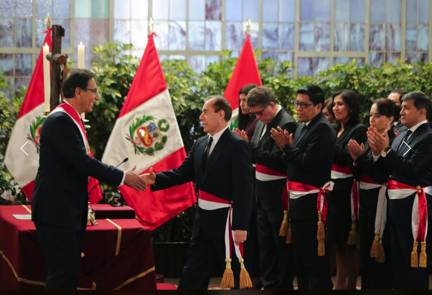
Vizcarra’s government may have an easier time passing legislation once new lawmakers take office, likely in the first few months of next year. Until then, it can ready legislation to send Congress but cannot pass laws on its behalf.
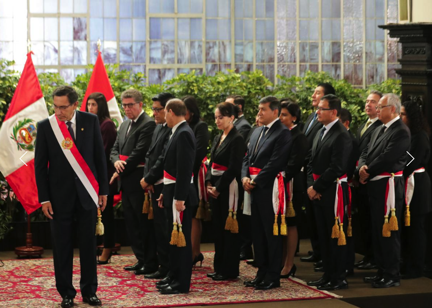
Many of Vizcarra’s supporters back his efforts to clean up the ruling class and his tough stance with Popular Force, a party led by now-jailed former presidential candidate Keiko Fujimori that had a majority in the dissolved Congress.
Representatives of the party have accused Vizcarra of using outrage over corruption to orchestrate a power grab.
Vizcarra cannot run for re-election once his term ends in 2021.
(This story corrects time of Kuczynski’s resignation to March of last year from March in paragraph 3)
Reporting By Mitra Taj and Marco Aquino; Editing by Dan Grebler and Tom Brown